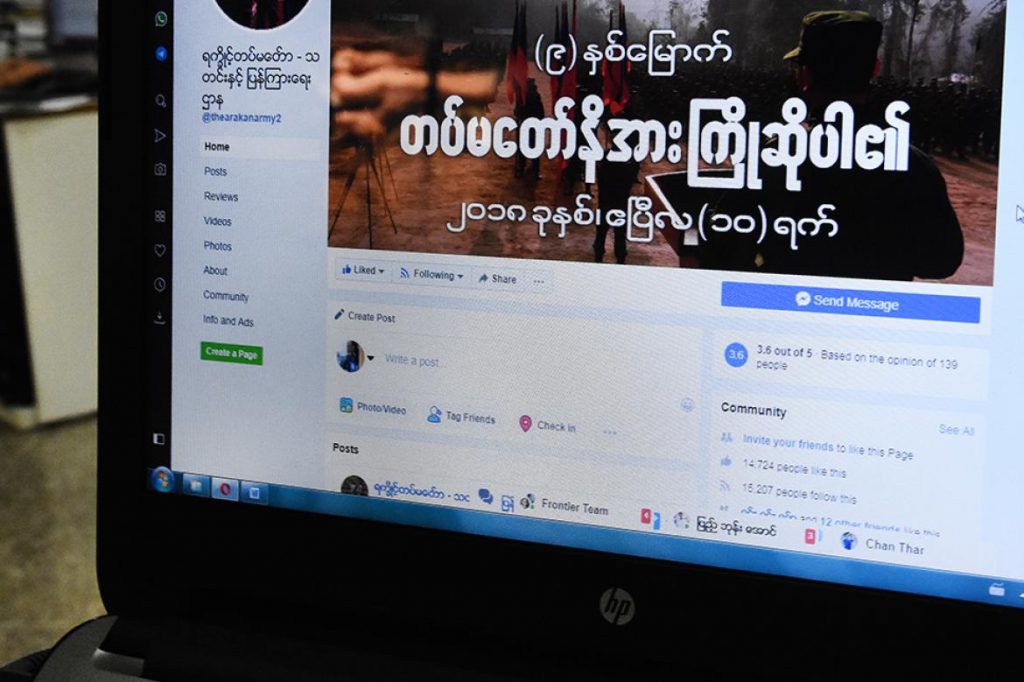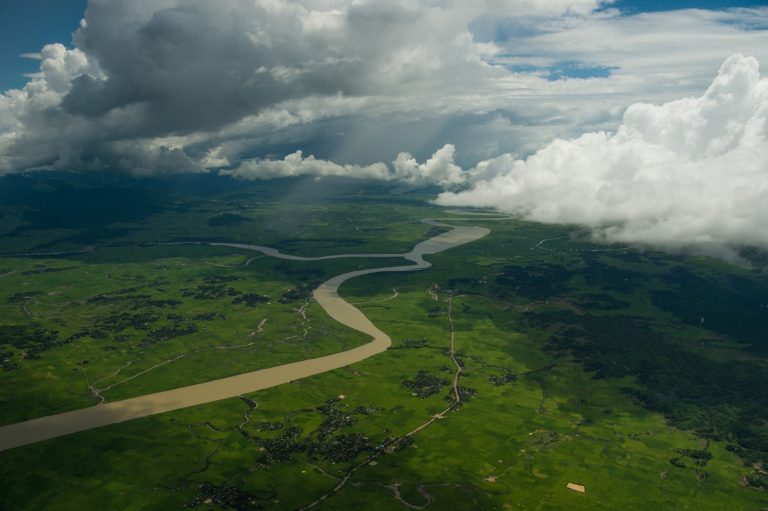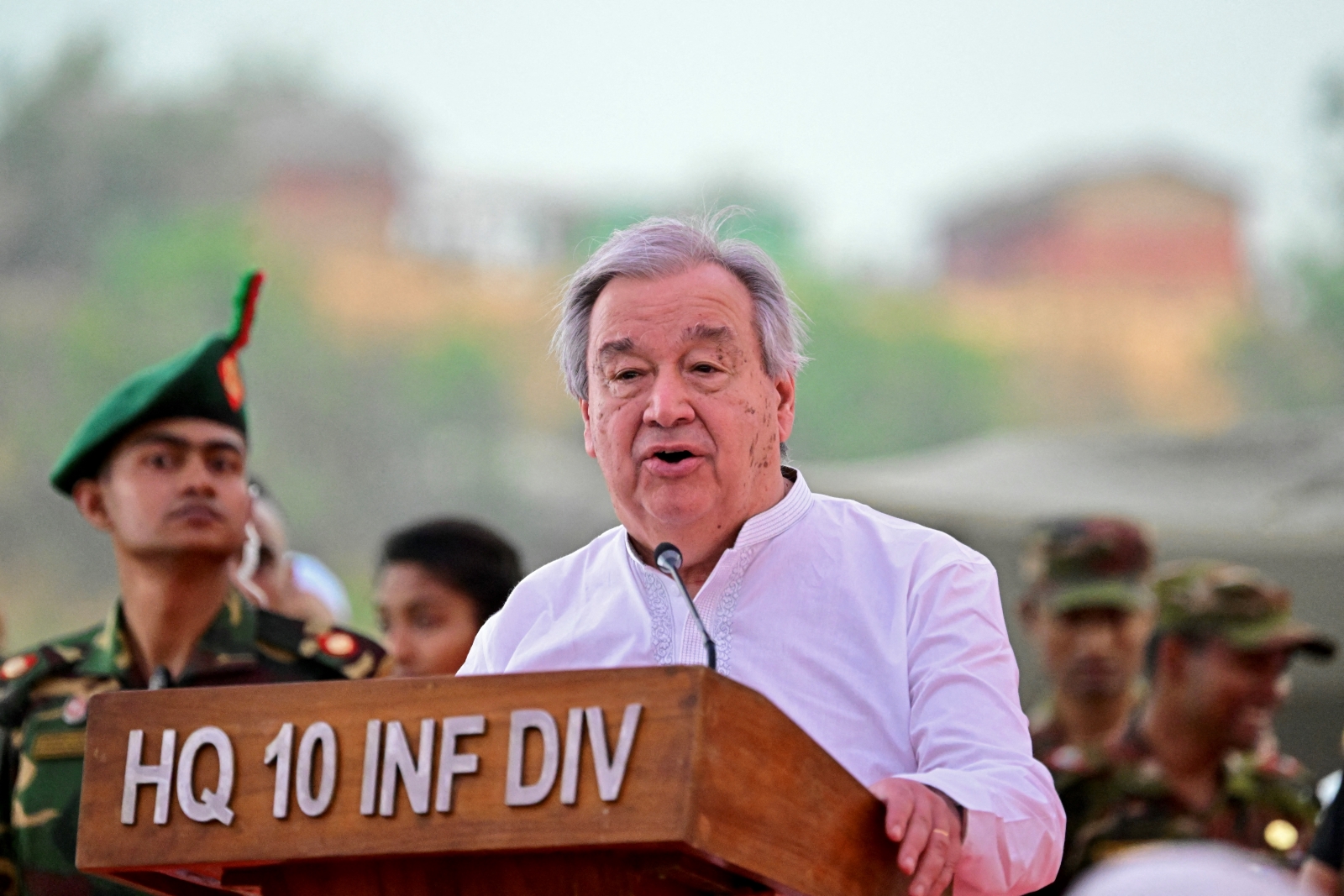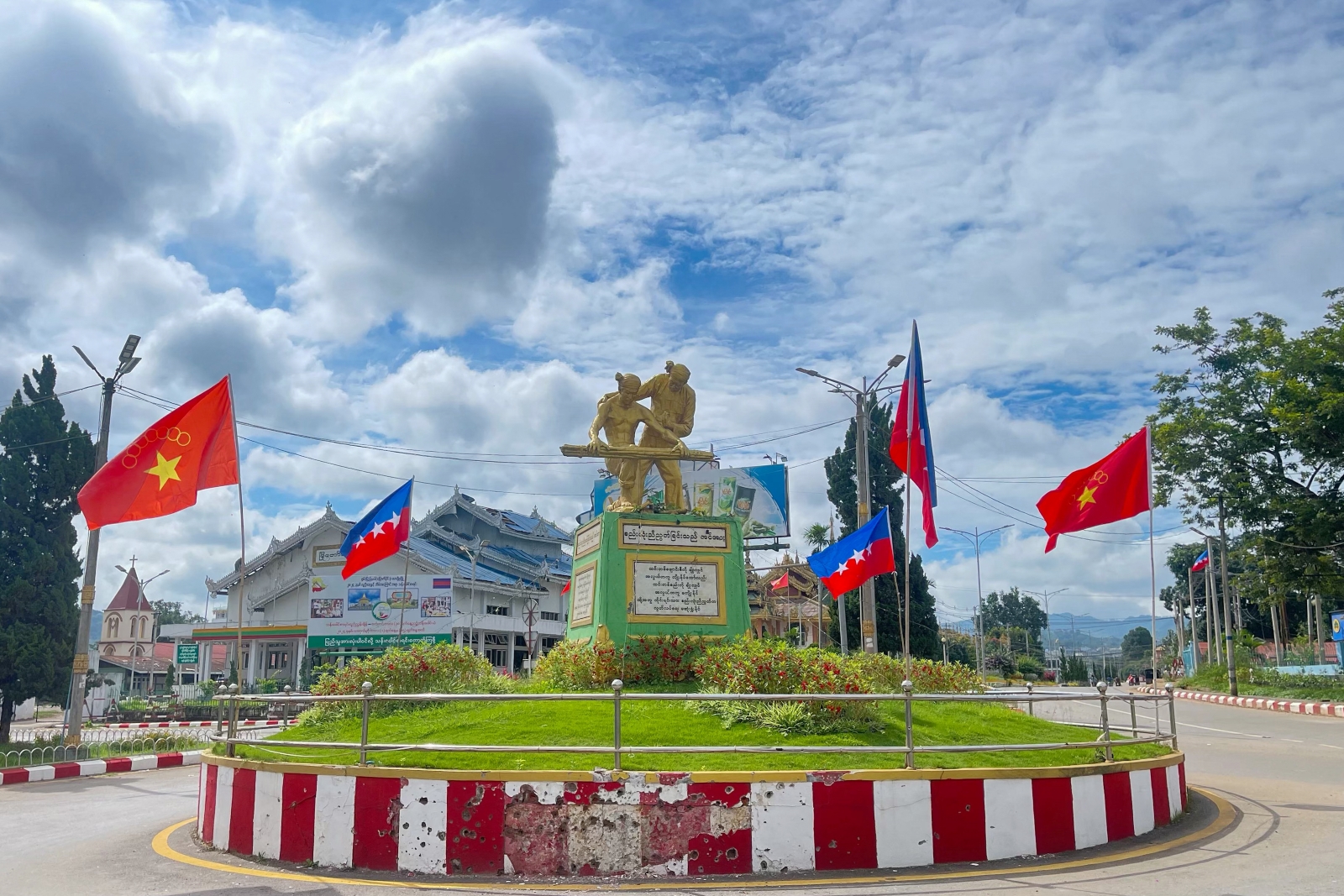By CLARE HAMMOND | FRONTIER
YANGON — Facebook has designated four ethnic armed groups, the Arakan Army, Myanmar National Democratic Alliance Army, Kachin Independence Army and Ta’ang National Liberation Army, “dangerous organizations” and banned them from its platform.
The decision to ban the groups, none of which have signed the Nationwide Ceasefire Agreement that underpins the government’s peace process, and which together comprise the Northern Alliance of armed groups based along the border with China, is part of a wider effort by the social media giant to take action against what it calls “violent actors and bad content” on Facebook in Myanmar.
“There is clear evidence that the organizations we’re banning today have been responsible for attacks against civilians and have engaged in violence in Myanmar, and we want to prevent them from using our services to further inflame tensions on the ground,” the company said.
The announcement coincides with an uptick in violence in northern Rakhine State after the AA attacked police outposts on January 4 in coordinated raids, killing 13 policemen and sparking a crackdown by the Tatmadaw which the United Nations said has displaced at least 5,200 people.
Support more independent journalism like this. Sign up to be a Frontier member.
The AA was established in Kachin State in 2009 with the support of the KIA and its troops have received training at the KIA headquarters in Laiza, near the Chinese border. As a member of the Northern Alliance, it has taken part in attacks on rural security posts and urban centres in northern Shan State since 2016.
In December, the Tatmadaw announced a four-month unilateral ceasefire in northern Myanmar covering areas claimed by Northern Alliance members, ostensibly to allow their participation in the peace process. The ceasefire conspicuously did not cover the AA’s operations in Rakhine.
Last August, Facebook blacklisted military chief Senior General Min Aung Hlaing and other military leaders from its website after a UN investigation recommended they face prosecution for genocide for a brutal campaign in northern Rakhine State that forced over 700,000 Rohingya Muslims into Bangladesh.
Facebook has since removed hundreds of pages and accounts that contained what it said were “hidden links” to Myanmar’s military, as it responds to criticism over its failure to monitor hate speech and misinformation.
It has also banned the Buddhist nationalist movement known as Ma Ba Tha, and three nationalist monks including U Wirathu, for stoking hatred towards the Rohingya.
Facebook, which is the most popular website in Myanmar, said in a statement on Tuesday that the ethnic violence taking place in the country was “horrific”.
“We don’t want anyone to use Facebook to incite or promote violence, no matter who they are. That’s why we are always evaluating and analyzing our policies around violence committed by state and non-state actors,” the company said.
“We recognize that the sources of ethnic violence in Myanmar are incredibly complex and cannot be resolved by a social media company, but we also want to do the best we can to limit incitement and hate that furthers an already deadly conflict.”
All related “praise, support and representation” for the four ethnic armed groups would be removed from the site, Facebook said.
Over the past year Facebook has intensified efforts to improve its reputation in Myanmar by improving the speed at which hate speech is taken down, and adding to its team of Myanmar-speaking reviewers.
But critics have argued that more needs to be done to ensure dangerous content is removed, particularly ahead of the 2020 general election, which an independent report commissioned by Facebook last year warned would likely be a “flashpoint” for abuse and misinformation.







